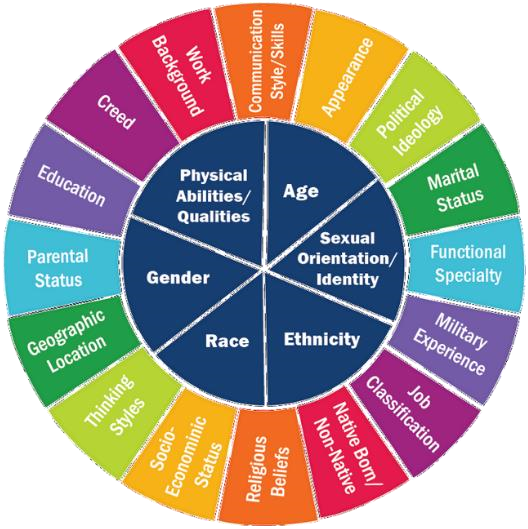
Health promotion and positionality are connected because the way we approach promoting health is influenced by our own background, experiences, and beliefs. Understanding positionality helps practitioners recognize how their own perspectives affect how they understand health issues and interact with diverse communities. Positionality describes how a person’s background and experiences shape their perspective and approach to a topic (Holmes, 2020). It includes their beliefs about how the world works, how we gain knowledge, and human behavior, all of which are influenced by things like political views, religion, gender, sexuality, ethnicity, race, social class, and life experiences (Holmes, 2020).
As someone who identifies as a heterosexual, white, Caucasian female, born and raised in a suburb of Toronto, I recognize the various privileges I have experienced throughout my life. These privileges include my education, as well as my ability to access post-secondary educational opportunities. Growing up in a middle-class household, with both of my parents present, further contributed to my stable upbringing, which in turn offered me access to resources, support, and opportunities that not everyone has.
Reflecting on my positionality, my race and socioeconomic background have often allowed me to navigate systems—educational, health-related, or social—without facing barriers based on discrimination or marginalization. This privilege means I have not had to confront many of the inequities that individuals from more marginalized backgrounds face, including systemic racism, economic hardship, or lack of access to education and healthcare.
My education, training, and experience as a social worker have significantly shaped my positionality by providing me with the tools to critically reflect on my privilege and its impact on my work. I have been exposed to diverse perspectives on health equity, social determinants of health, and systemic barriers that affect marginalized populations. My academic and professional background has helped me recognize how my own identity positions me in relation to these issues. It has also deepened my understanding of the importance of addressing health inequities by actively challenging structures of privilege and working towards more inclusive, equitable health outcomes for all.